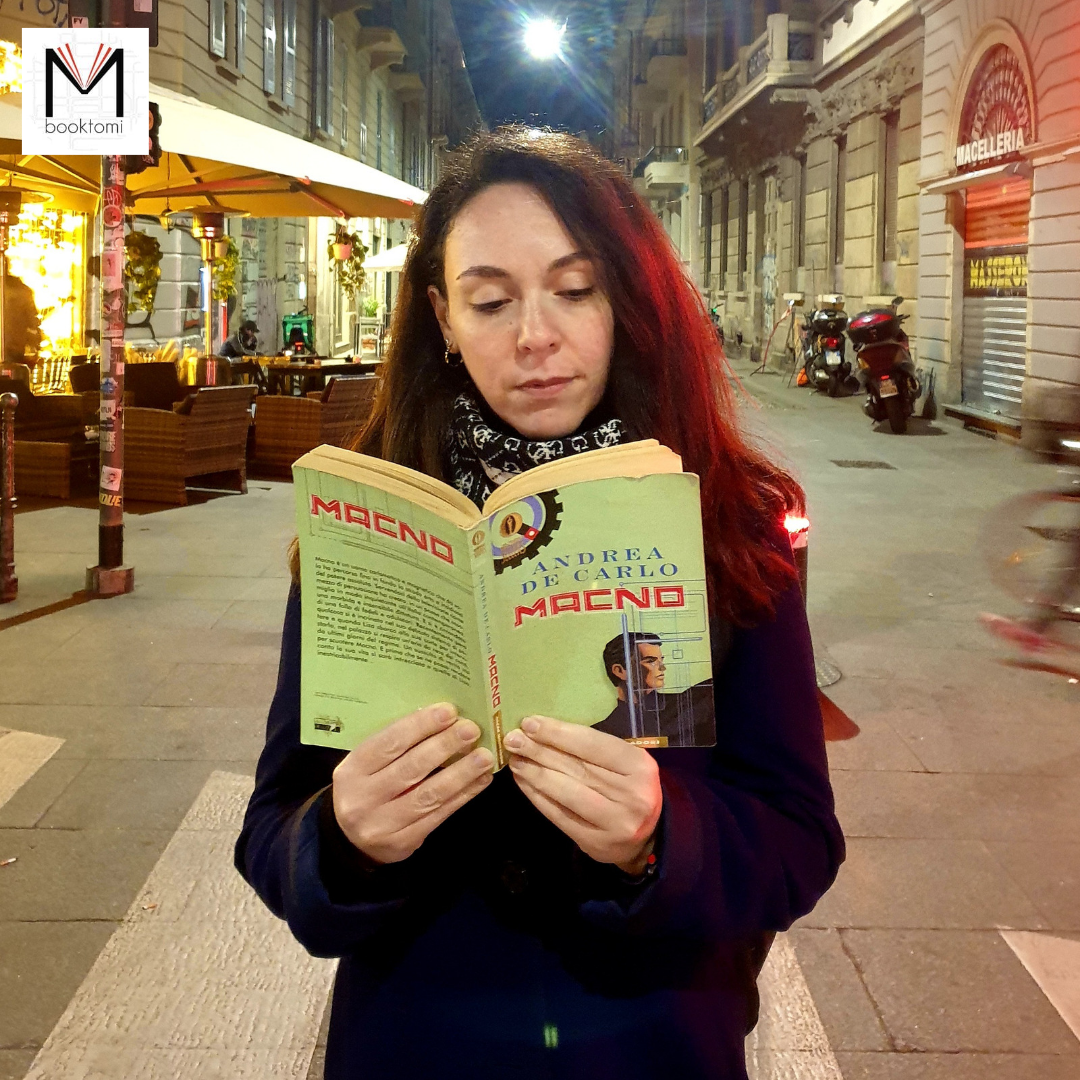“The issue is that he doesn’t resign himself to slowness.”
Novel to read up to twenty years old, after it could disappoint. We say this knowingly because we read the book as teenagers, and are picking it up again today. Of all that we had enjoyed as youths, only a faded stain remained on the pages. The classic feeling you get when you re-read De Carlo’s books, capable of telling utopian dreams, the will to change the pre-established order, to rebel against what is ugly around us, concepts that are quick to grasp on young readers, less on more mature minds (or perhaps it would be better to say disillusioned?).
The title is the eponym of a dictator of an unspecified country in South America. The classic new man, capable of capturing the discontent of the population towards the country’s political ruling class, and who through the careful use of television manages to achieve the rise to power. The meeting with a young German journalist (Liza) and the preparations for his third anniversary at the head of the country will bring out an underground malaise of Macno, until the final turning point.
The main weak point of the story is certainly the South American setting: the text is a precise description of the Italian society of the eighties, especially in the part where the political part of the country is described. Those who know De Carlo will also find a lot of Milan (when Macno’s birthplace is described), with a hymn to its ugliness and the greyness that envelops both the buildings and the sky, like a place without hope.
Another weak point are the designated characters, Macno, Liza, Ted, Ottavio, Uto and so on have little depth, and more than the story of a dictator with his court, it could be the story of a group of acquaintances, without too much mutual sympathy.
However, we must recognize the author’s ability to imagine a world that would somehow become reality thirty years later in Italy, with television as a means of selection for the political class, and a nation increasingly a victim of itself .
____________________________________________________________________________________________________
Andrea De Carlo, Macno, Mondadori, Milano, 2004 (prima edizione, Bompiani, 1984)



